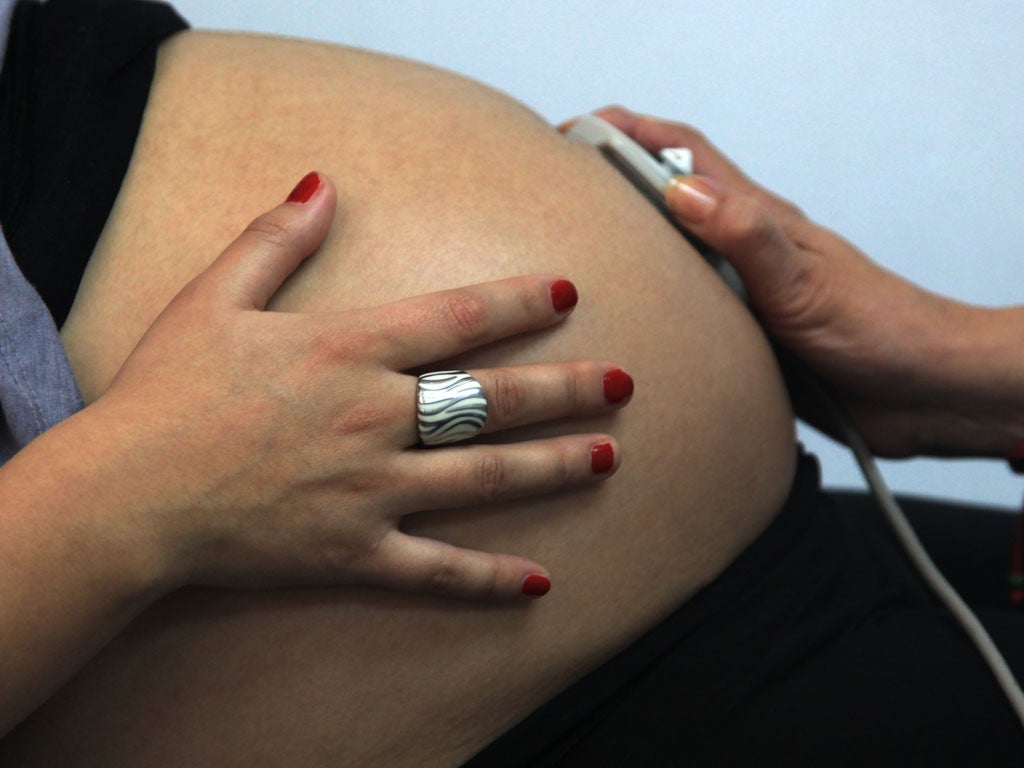Surrogate Pregnancies: Making babies for cash

In a divided America, surrogate pregnancies fulfill the needs of both the 47 per cent and the other 53. Wealthy, infertile couples get the chance of a family, cash-strapped women get another source of income. But what's it really like for the people involved?
Susan Straight of Riverside, California has written a fascinating and very human piece for the New York Times about the experiences of surrogate mothers in her community. "Until last summer, I hadn't realized the way she pulls through is surrogacy," writes Straight of a neighbour referred to only as "C". "I'd wondered why she filled out her scrubs, and then got thin, even though I never heard a crying baby."
Straight's piece is free of judgement for any of the parties involved, but it can't help but raise an implicit question: Is this development a worrying sign of the commercialisation of women's bodies? Or just another example of the infinite variation in modern family lives?
Join our commenting forum
Join thought-provoking conversations, follow other Independent readers and see their replies
Comments
Bookmark popover
Removed from bookmarks